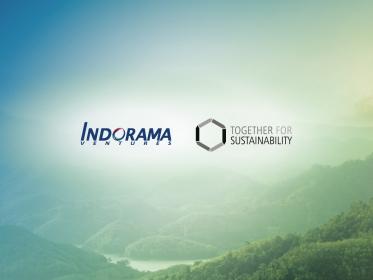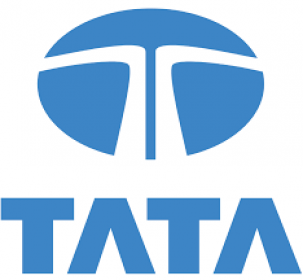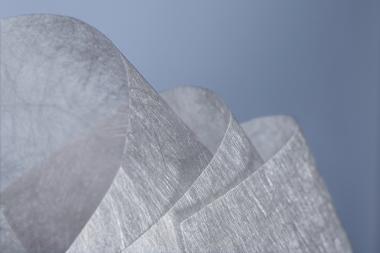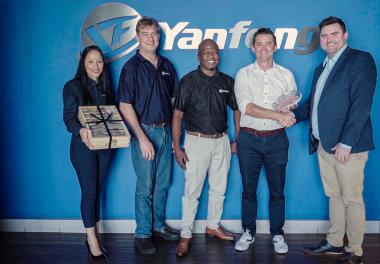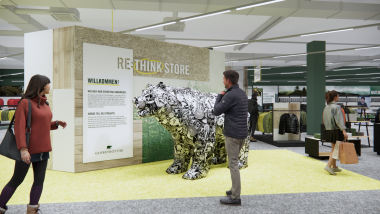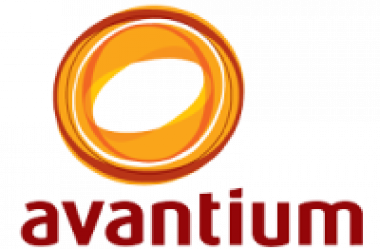Hochschule Niederrhein: Kooperationsplattform für nachhaltige Textilwirtschaft startet
Kleidung, Schuhe, Möbel - der Konsum von Textilien steigt in der Europäischen Union kontinuierlich. Mit ihm gehen Auswirkungen auf das Klima, den Wasser- und Energieverbrauch sowie die Umwelt einher. Unter der Leitung der Hochschule Niederrhein (HSNR) starten ab Mai 2023 die Projektpartner HSNR, DWI - Leibniz-Institut für Interaktive Materialien und das Fraunhofer-Institut für Umwelt-, Sicherheits- und Energietechnik UMSICHT eine Kooperationsplattform: Mit dem Projekt „KlarTEXt“ wollen sie die Hindernisse für eine nachhaltige und umweltfreundliche Textilwirtschaft überwinden. Das Projekt wird über vier Jahre mit rund zwei Millionen Euro vom Ministerium für Kultur und Wissenschaft des Landes Nordrhein-Westfalen (MKW NRW) gefördert.
Zwei bis zehn Prozent der EU-Umweltbelastung beruhen auf Kleidungskonsum. Damit stellt der steigende Verbrauch von Textilien über den gesamten Lebenszyklus der Produkte durchschnittlich die viertgrößte Quelle negativer Auswirkungen auf die Umwelt und den Klimawandel in der Europäischen Union dar. Mit ihrer Strategie für nachhaltige und kreislauffähige Textilien stößt die EU nun die Transformation der Textilwirtschaft an: Dabei sollen zum einen die Nutzung und Entsorgung textiler Produkte verbessert und zum anderen der Austrag faserigen Mikroplastiks minimiert werden.
Die 1400 deutschen, überwiegend mittelständischen Unternehmen der Branche stellt diese erforderliche Transformation vor große Herausforderungen. Allein für Ökodesignanforderungen (z. B. Ressourceneffizienz oder Recycling) existieren bislang weder Vorgaben noch überzeugende Lösungen. Viele der Unternehmen benötigen dazu starke Partnerschaften.
Austausch von Expertise
Genau hier setzt die Kooperationsplattform „KlarTEXt“ an: Material, Funktion, Zirkularität sowie Ressourceneffizienz sind omnipräsente Themen der Wissenschaft und Industrie mit großem Entwicklungspotenzial für die Gesellschaft. Das MKW finanziert die Entwicklung und Gründung der Plattform, die zugleich den Innovationsbedarf der Gesellschaft und Unternehmen bündeln sowie in wissenschaftliche Aktivitäten und Lehrformate überführen wird.
Mithilfe der Kooperationsplattform möchten die kooperierenden Forschenden Hindernisse für eine nachhaltige Textilindustrie ausmachen, Maßnahmen für ihre Überwindung definieren und an den Stellschrauben für eine sozial und ökologisch nachhaltige Textilwirtschaft arbeiten. „KlarTEXt“ hat zum Ziel, die gemeinsamen Forschungsfelder textile Materialien, Funktionen, Zirkularität sowie Ressourceneffizienz für erhöhte Innovationskraft in Unternehmen zu transferieren. Des Weiteren sollen die Forschungsthemen in verständlicher Sprache mit der Gesellschaft geteilt werden. Durch diese wirtschaftliche und gesellschaftliche Teilhabe werden so unter anderem Zukunftsinnovationen aus den Bereichen Biopolymere und Biotechnologie für die Textilwirtschaft mit Relevanz versehen.
Bereits Interessierte für die Vernetzung
Unterstützer der ersten Stunde und weitere Kooperationspartner sind das Wuppertal-Institut für Klima, Umwelt, Energie (WI), das Nova-Institut, die Gemeinschaft für Internationale Zusammenarbeit (GIZ), das Cluster industrieller Biotechnologie (CLIB) und Die C&A’s FIT GmbH sowie zahlreiche weitere Unternehmen aus dem Textilsektor. Mithilfe der digitalen Vernetzungsplattform sowie den verschiedenen interaktiven Veranstaltungsangeboten und -formaten möchten die Projektpartner Voraussetzungen schaffen, die Zukunft einer nachhaltigen Textilwirtschaft zu gestalten.
Dies gilt sowohl für Vertreter und Vertreterinnen aus Industrie und Akademia als auch Menschen der allgemeinen Bevölkerung. „Mit ‚KlarTEXt‘ möchten wir die Lücke zwischen Wissenschaft, Wirtschaft und Gesellschaft mit Fokus auf die Textil- und Bekleidungswirtschaft schließen. In partizipativen Formaten wird der Austausch zwischen Bürger:innen und Unternehmen zu den Forschungsfeldern und gesellschaftlichen Fragestellungen zu wichtigen Themen der Textilindustrie wie beispielsweise technische Innovationen, Reparierbarkeit, ökologische Materialien, Fast und Fair Fashion ermöglicht“, erläutert Professorin Maike Rabe. Bürgerinnen und Bürger dürfen sich unter anderem auf Angebote zur textilen Nachhaltigkeit im OecherLab (Aachen), der Junior-Uni (Mönchengladbach), im Supermarkt der Ideen (Oberhausen) und in dem Dezentrale BioLab (Dortmund) freuen.
Hochschule Niederrhein Nachhaltigkeit Verbraucherverhalten HSNR DWI Fraunhofer UMSICHT
Hochschule Niederrhein





